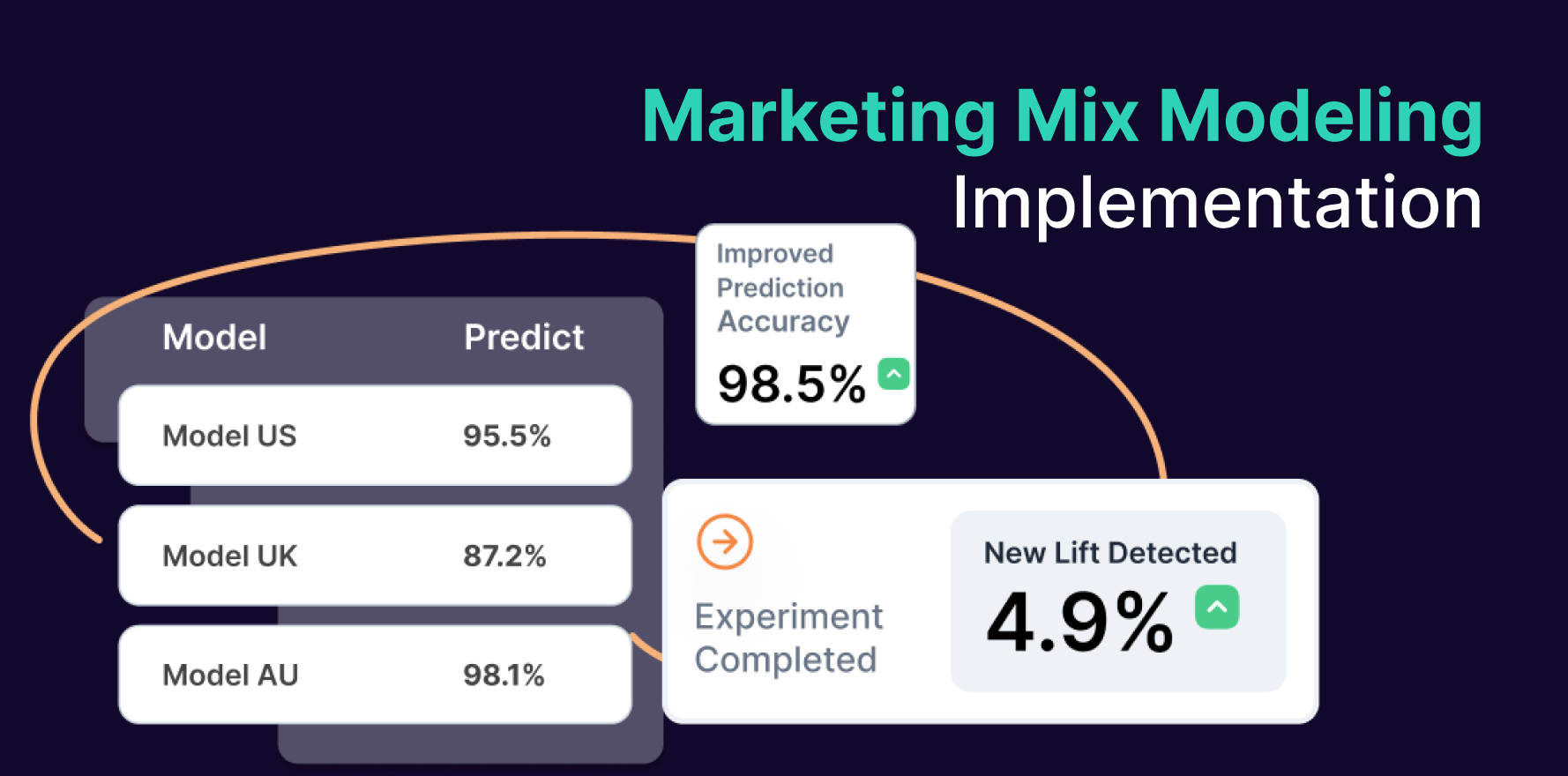What is MMM Reporting?
MMM Reporting operates by using comprehensive statistical analysis techniques. It breaks down a company’s sales by attributing different portions to different marketing channels. Simply put, MMM reporting identifies the potency of various marketing strategies on the success of your sales and business as a whole. By analyzing past trends and performances, it aids businesses map out future growth tactics.
Formula
The general formula for MMM is: Sales = Base volume + Incremental Volume
Where,Base volume consists of Sales volumes that would be achieved without marketing activities.
Incremental Volume = ∑ (Marketing activities * their coefficients)
Example
Suppose a company has run multiple ad campaigns on traditional and digital channels like TV, radio, social media, and Google ads. The MMM reporting will identify which channel is giving the best return on investment by analyzing the sales generated from each. So, if the Social Media campaign resulted in 40% of total sales and cost less than the TV ad which resulted in 30% of sales, then the company can strategically allocate more budget to Social Media ads for better ROI.
Why is MMM Reporting important?
MMM reporting can provide valuable insights into which segments of marketing are making the most significant impact and thus drive profitability. It can help decide where to allocate budget effectively, plan future marketing strategies, and reduce wastage of resources on less impactful channels. It quantifies marketing effectiveness and provides a basis on which to build future marketing strategies.
Which factors impact MMM Reporting?
MMM reporting can be improved by incorporating a more extensive range of variables such as macroeconomic indicators, seasonality, and competitor actions. Also, using more granular data and modern machine learning techniques can improve model accuracy.
How can MMM Reporting be improved?
Multiple factors impact MMM reporting such as the marketing spend on different channels, customer behavior, competitive actions, product pricing, seasonality, and macroeconomic factors.
What is MMM Reporting’s relationship with other metrics?
MMM Reporting is closely related to other ecommerce metrics like CPA (Cost per Acquisition), CPC (Cost per Click), Conversion Rate, Customer Lifetime Value, etc. It helps in understanding the efficiency of these metrics and improving them by reallocating resources. For instance, if a particular channel shows a high CPA but leads to better customer lifetime value, a company might decide to continue investing in that channel.
Free essential resources for success
Discover more from Lifesight














